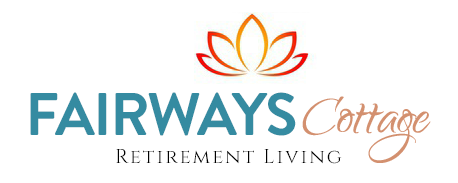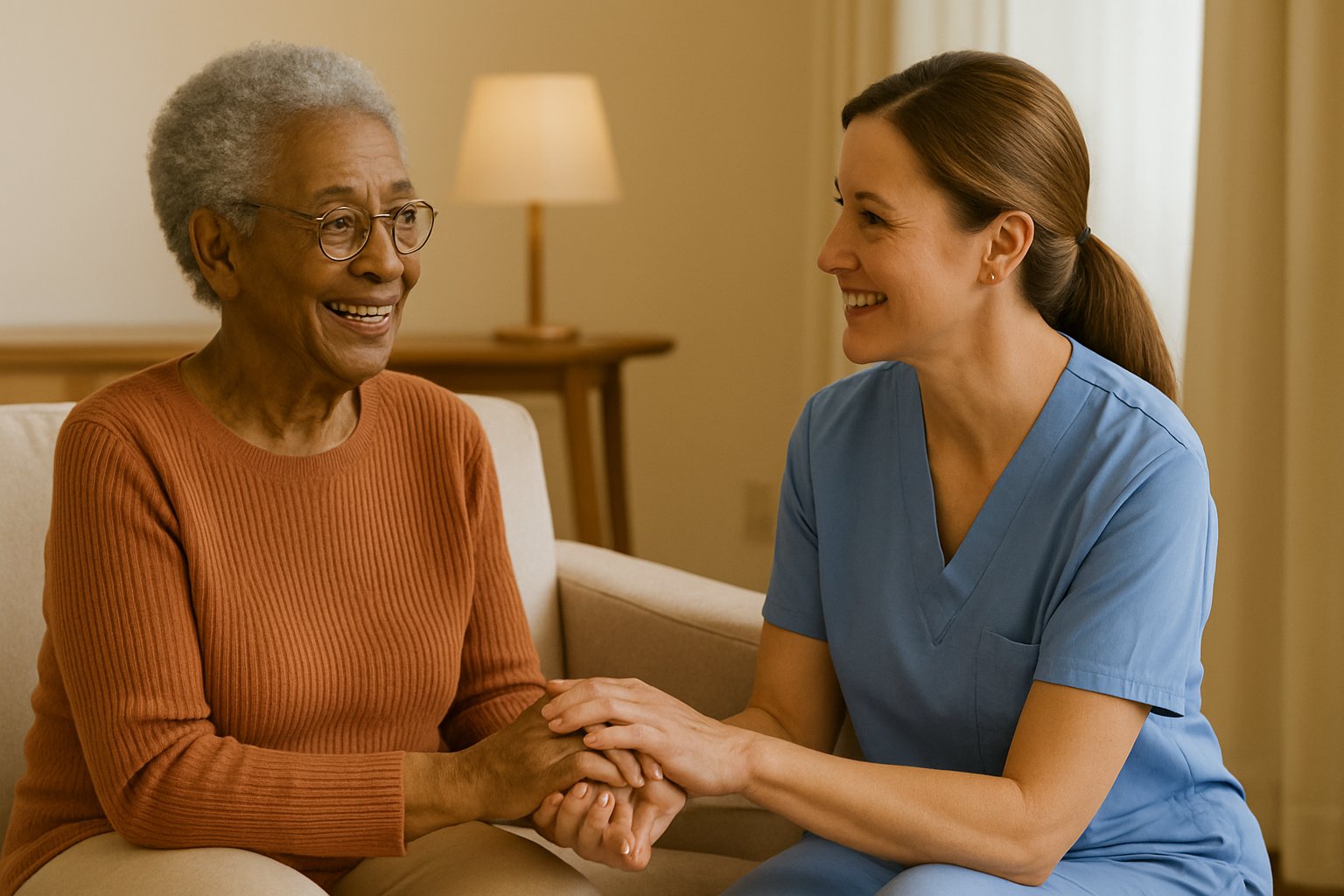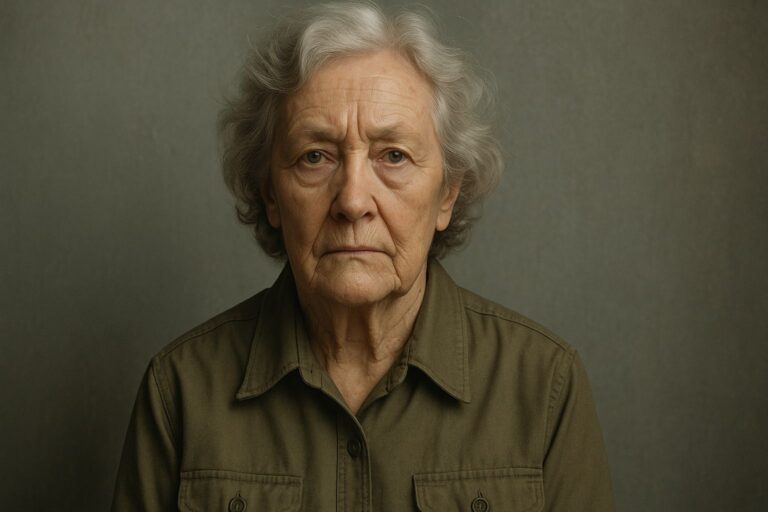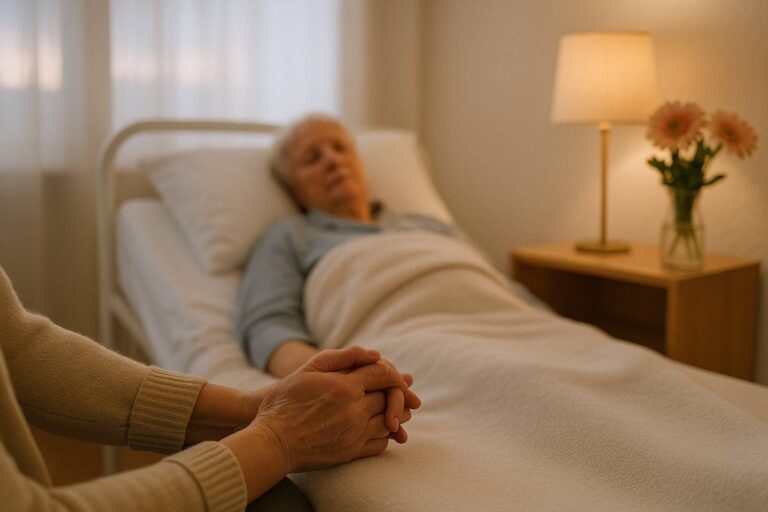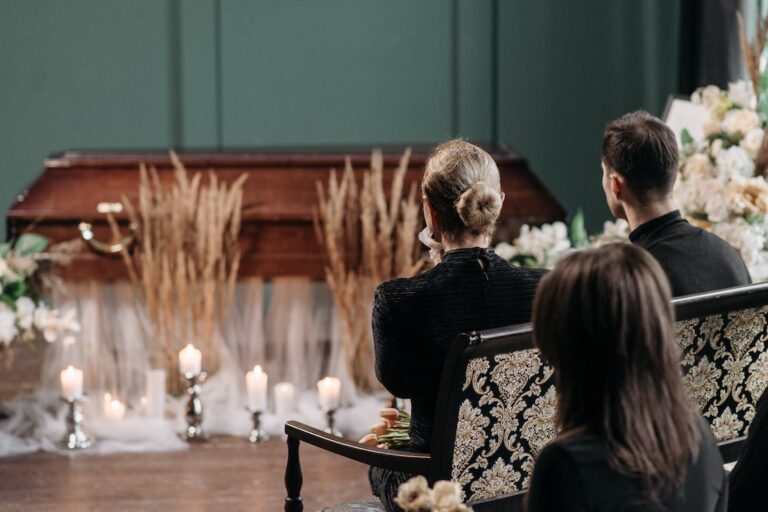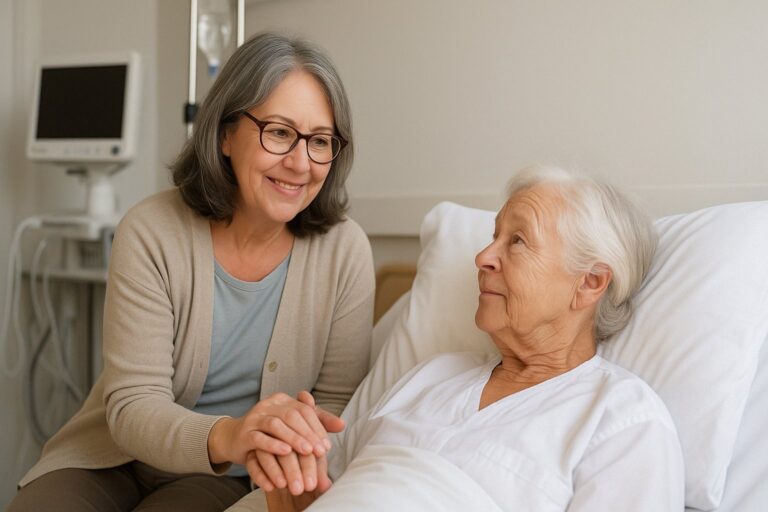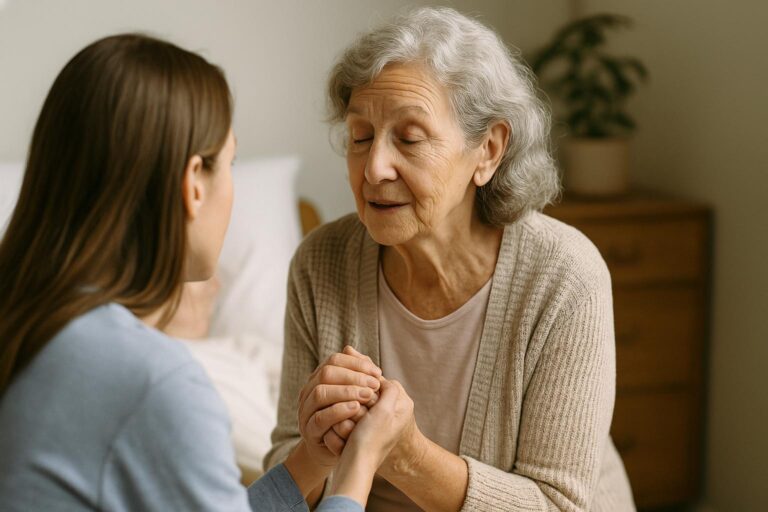Duties of a Home Care Aide
Let’s be honest—when most people hear “home care aide,” they picture someone folding towels, handing out pills, or helping Grandma with her walker. And yes, there’s truth in that. But if that’s all you think it is, you’re missing the point.
Because being a home care aide means stepping into someone’s life—deeply, respectfully, and sometimes messily—and making it better. It means being the person who shows up when others can’t. Or don’t. Or won’t.
I’ve seen aides become lifelines. I’ve been one. And I can tell you: this role isn’t just a list of tasks. It’s an act of love.
Now let’s talk about what are the duties of a Home Care Aide and why it matters.
1. Helping With the Personal Stuff—With Dignity Intact
Bathing. Dressing. Going to the bathroom. These are the kinds of things we take for granted—until we can’t. And for a lot of seniors, losing the ability to manage these private parts of daily life feels like losing a piece of themselves.
That’s where we step in—with grace. Not rushing. Not judging. Not making someone feel like a burden. But helping with compassion and care, like it’s no big deal—because to us, it isn’t. It’s just part of the job.
This part of our role might include:
- Assisting with bathing or sponge baths
- Helping choose weather-appropriate, comfortable clothing
- Toileting support and incontinence care
- Brushing hair and teeth
- Supporting transfers from bed to chair or to the bathroom
We create routines that restore confidence. And we know the small things matter—like letting a gentleman shave himself with a little help, or taking the extra time to help a woman put on her favorite lipstick. These aren’t luxuries—they’re dignities. And they make all the difference.
2. Cooking with Care (And a Dash of Love)
There’s more to food than flavor. A warm meal can mean safety. Familiarity. Even hope. But cooking gets harder with age—arthritis makes opening jars painful, memory issues can lead to forgotten steps or burned pans, and depression often saps the will to eat.
That’s why meal support isn’t just practical—it’s emotional care, too.
Aides help:
- Plan balanced, nutritious meals around dietary needs
- Shop smartly, budget carefully, and avoid waste
- Prepare meals that feel like “home,” not hospital food
- Encourage hydration, especially with seniors who forget to drink
- Sit and eat alongside clients to encourage appetite and connection
We pay attention to what’s not said: a sudden loss of appetite, pushing food around the plate, changes in weight or energy. These are signs something else might be going on. An attentive aide doesn’t just serve meals—we serve comfort and continuity.
3. Keeping Medications on Track (And Watching Closely)
If I had a dollar for every time a senior said, “Did I take that already?”—I’d be writing this from a beachfront villa.
Medication management is serious business. One missed dose of heart medicine or an accidental double-dose of a blood thinner can send someone straight to the ER. That’s why we’re trained to be alert, careful, and organized.
Here’s what we do:
- Provide timely, respectful reminders to take medications
- Maintain medication logs or tracking sheets
- Notice side effects like dizziness, confusion, or upset stomachs
- Flag new symptoms or medication non-compliance
- Coordinate with family or the pharmacist if something seems off
We may not have “nurse” on our badge, but we see things. A pained wince. An extra-long nap. A sudden mood shift. It’s not just about pills—it’s about keeping a careful eye on the whole person.
4. Being a Friend When the World Gets Quiet
This one’s tender for me. I’ve seen proud, capable people lose their spouses, outlive their siblings, and get forgotten by busy families. And let me tell you, nothing wears on the soul like being alone.
That’s why companionship is more than a perk—it’s a lifeline.
Home care aides:
- Start the day with a smile and a warm voice
- Sit and listen when someone needs to talk—or just be heard
- Join in puzzles, knitting, TV shows, or family photo albums
- Help celebrate birthdays, holidays, or spiritual rituals
- Recognize signs of loneliness, grief, or withdrawal
Sometimes, we’re the only person a client sees in a day. We become trusted friends, secret keepers, and cheerleaders. And believe me, when someone says, “I look forward to your visits,” it means the world. Not just to them—to us too.
5. Keeping the Home Safe and Welcoming
The little things around the house? They’re not so little. One slipper out of place, one spill left uncleaned, and suddenly you’re dealing with a broken hip or an infection.
So we tidy. We clean. We organize—not to impress, but to protect.
Our care includes:
- Sweeping, mopping, and removing trip hazards
- Cleaning bathrooms and kitchens
- Changing sheets and washing clothes
- Keeping medications and supplies organized and visible
- Maintaining clear, clutter-free walking paths
But here’s the part nobody talks about: we’re also tuning into the emotional space. A clean, bright room can lift a mood. A vase of fresh flowers or favorite blanket placed neatly on the couch? That’s thoughtful care, and it matters more than you think.
6. Helping Them Get Out and About
Isolation can sneak up like a shadow. Before you know it, someone who used to be active hasn’t left the house in a month—and they’re wilting.
Home care aides give clients the freedom to move safely again. That might mean:
- Accompanying them to doctor’s appointments
- Handling errands like picking up groceries or prescriptions
- Escorting them to social or religious events
- Helping them walk around the block for fresh air
- Providing support with canes, walkers, or wheelchairs
These little trips? They can breathe life back into someone. They reconnect a person to the outside world and remind them: “You’re still part of life. You still matter.”
7. Speaking Up When It Counts
We’re not just doers—we’re observers. Advocates. Voices for those who may no longer speak up for themselves.
Home care aides are often the first to notice:
- Weight changes or sudden frailty
- Signs of elder abuse or financial exploitation
- Emotional shifts like depression or anxiety
- Miscommunication between family and medical teams
- Medication issues or physical side effects
We don’t diagnose—but we notice. And we say something. That might mean calling the daughter to report a new cough, or gently suggesting to the doctor that something feels off. We speak because we care—and because silence can be dangerous.
Why It All Matters: The Power of Quiet, Consistent Care
What does a home care aide really do? We show up. Day after day. Rain or shine. Happy days and hard ones.
We keep people in their homes and out of institutions. We restore routines, catch problems early, and bring light to otherwise quiet, lonely days. But most of all, we care. Truly. Deeply. Fiercely.
Our work doesn’t come with medals. But ask any family who’s been blessed with a good aide, and they’ll tell you: we’re irreplaceable.
Closing Thoughts: To the Quiet Heroes Among Us
To the home care aides out there—this one’s for you. You do the work most people never see, and you do it with tenderness, strength, and grace. You are the bridge between safety and chaos, between loneliness and connection, between fear and peace.
And to the families looking for someone to trust—don’t settle. Find an aide who treats your loved one the way they’d treat their own. With warmth. With respect. With heart.
Because when care is done with love, it’s not just a job. It’s a gift.
Share This Article: